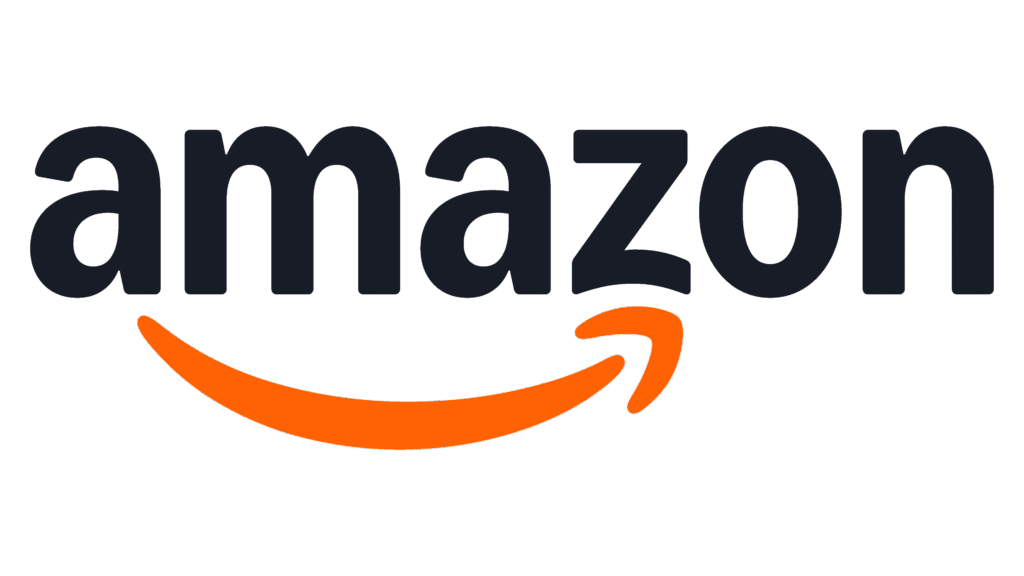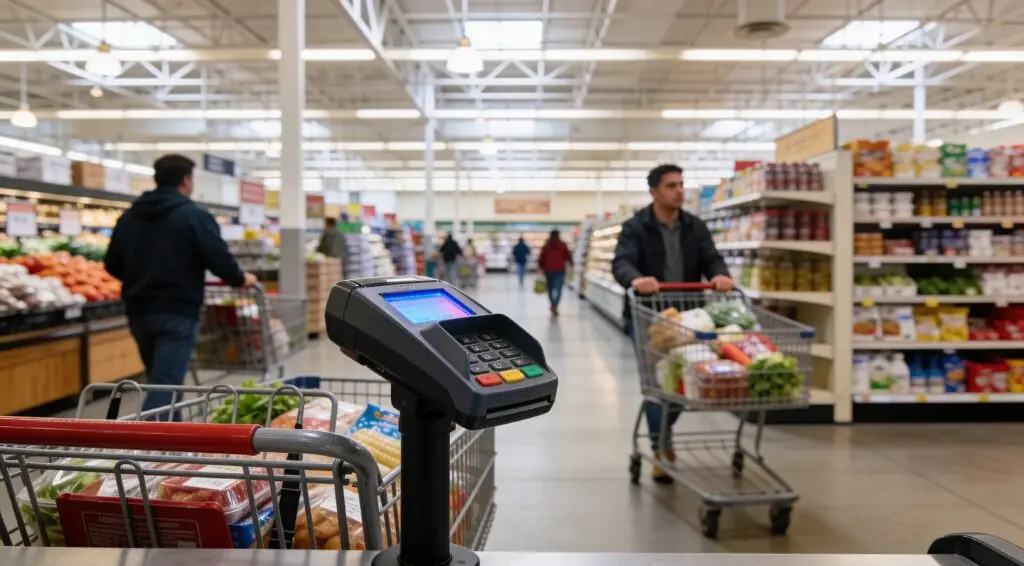Amazon Expands Its AI Ambitions to Delivery Operations
Amazon has shown off “Amelia,” a prototype of AI-powered smart glasses made for its delivery drivers. This is a big step toward combining AI with logistics. The new idea, which was shown off at an event in Silicon Valley, is part of the tech giant’s larger plan to make its distribution network more efficient and safer for workers.
Beryl Tomay, Amazon’s vice president of transportation, said that the glasses are now being tested “across a dozen delivery service partners and hundreds of drivers nationwide.” The project shows that Amazon wants to use AI not only to improve customer experiences but also to make its staff’ daily tasks easier.

Amazon’s Amelia Glasses Built for Drivers, Not Consumers, Says Tomay
Amazon’s Amelia headset is different from other tech companies’ smart glasses that are made for consumers. It has a useful business role. The glasses include a built-in camera, a heads-up display, and a linked waistcoat control button that lets drivers take proof-of-delivery images with only one touch.
Tomay said, “We made it just for that use case.” “Drivers are using these to make real deliveries, and the glasses are made to fit that workflow.”
Tomay didn’t say no when asked if Amelia would one day reach consumer markets. For now, Amazon aims to use the technology primarily in its North American shipping operations and then in other countries.
Safety and Efficiency at the Core
The Amelia smart glasses are designed to find the right mix between safety and AI help. They can tell when drivers are moving and turn off visual displays on their own to save them from being distracted.
“We thought that was important for safety reasons.” Tomay warned reporters, “No distractions.” Early tests inside the company show that Amelia might save drivers up to 30 minutes on each 8- to 10-hour shift by making repetitious delivery jobs easier and helping them find items faster. The device also has a manual button that lets drivers turn off all sensors, including the camera and microphone, to preserve their privacy. Tomay said, “Drivers can choose to keep it off.”
Recommended Article: Breakthrough Eye Implant Restores Vision and Reading Ability
Integrating AI Beyond the Road: Inside Amazon’s Warehouses
The business has set up a robotic arm system that sorts packages quickly and accurately. It is already working in a warehouse in South Carolina. Amazon says that the robot cuts down on accidents at work and makes the most of warehouse space.
At the same time, Amazon is rolling out an AI-powered warehouse management system that can look at past and present data to find problems and suggest ways to improve operations. The system’s capacity to “anticipate and smooth out operations” is another step forward in Amazon’s AI logistics development.
Amelia’s Role in the “Last Mile” Revolution
Amazon’s largest logistical problem is still the “last mile,” which is the last and frequently most difficult part of delivery. Amelia wants to make this stage better by offering drivers real-time access to delivery information, route maps, and scanning tools that they can see right in front of them.
Amazon has produced a video that shows drivers looking at delivery addresses using the heads-up display on their glasses while also handling packages, all without having to look at portable devices. Deliveries are now speedier, more comfortable, and less likely to go wrong.
Competing in the Wearables Race
Amazon’s news comes after Meta’s recent debut of Ray-Ban smart glasses with Meta AI integration, which were shown off at the Meta Connect conference. Meta’s Amelia, on the other hand, is designed to make businesses more efficient, which might create a new niche in the wearables market.
People who operate in the field say that Amelia might be the first AI-powered wearable for workers, combining automation, visual aid, and data connectivity into logistical operations, which is an area that has always been dominated by portable devices.
Amazon Tests Amelia Project to Boost AI Automation in Supply Chain
Even though it’s still being tested, the Amelia project fits in with Amazon’s larger investment in AI-powered automation. The company’s mission is to make every part of its supply chain, from warehouses to front-door delivery, more accurate, safe, and efficient.
If the early findings hold up, the glasses might soon be a common tool in Amazon’s delivery system. They would save time, lower the number of mistakes, and make the experience better for drivers. Experts think that the company’s use of AI vision systems and robots might change the way big logistics networks work throughout the world.















